
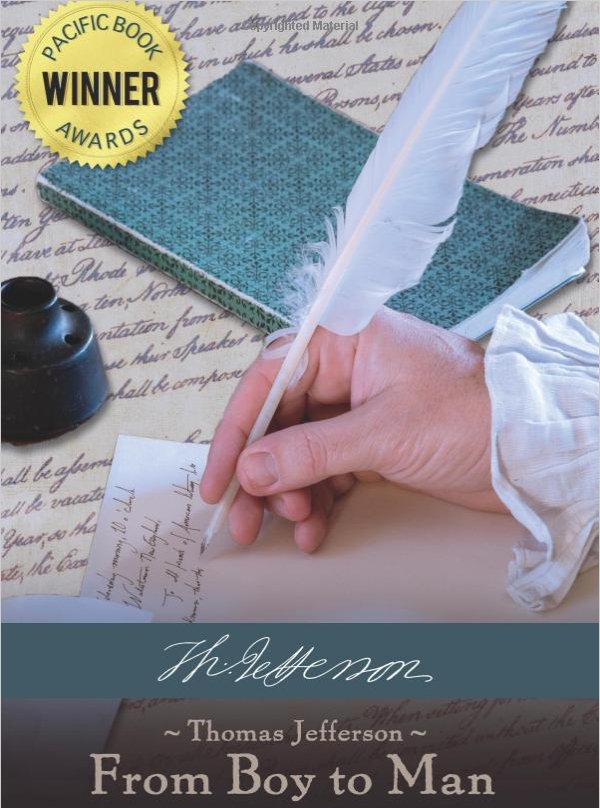
Thomas Jefferson
From Boy to Man
Excerpt from Chapter 9: “Tuckahoe Plantation”
Tuckahoe Plantation (31 year old) Thomas Jefferson is reminiscing about his childhood (ages 2 1/2 – 9 yrs. old) at Tuckahoe Plantation. 
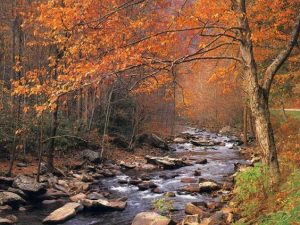
“I always enjoyed listening to my older sister, Jane, play the spinet, and appreciated her loving patience as she taught me how to read music. Jane’s music tutor was very strict, and instructed her to practice her lessons for long periods of time. The longer she practiced, the lonelier I was without her. I remember asking Jane if she would teach me how to read music so we could spend more time together, and she agreed. Father came home with a fiddle for me one day, and from then on, Jane and I spent many hours practicing our lessons together. While Jane played the spinet, I played my fiddle, and together we would sing our favorite hymnals. 
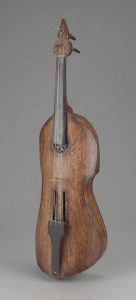
I was said to have a pleasant voice, and frequently sang to myself while I walked about. To this day, singing seems to calm my nerves, and it passes the time on my various travels. ‘I suppose that during at least a dozen years of my life, I played no less than three hours a day.’ 
Father ‘placed me at the English School at five years of age,’ joining my older sisters and cousins in the small one-room schoolhouse next to the main house. One tutor, Thomas Staples, made us memorize our basic lessons in English grammar and spelling, and write the alphabet on our writing slate with chalk. 
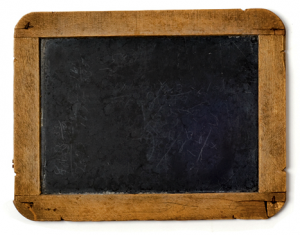
Although I loved to read and write, I disliked going to the schoolhouse that father built for us just 20 yards from the main house. I believed that the studies were rigorous. I remember one afternoon, I slipped out of class and hid behind an outbuilding, in hopes that mother would soon call me in for dinner. 
Along with all the school work, there was always time for fun. Jane, Mary, and my cousins would often roam around the gardens and outbuildings on Plantation Street. We especially enjoyed fishing for crawdads in the shallow creek down below the herb garden. We would then take the bucket of crawdads and head down to the James River to fish. When the creek froze during the winter months, we would slide all along the ice until our shoes were drenched. 
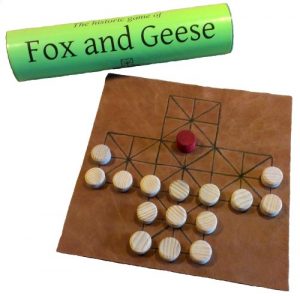
On a nice day, we children enjoyed playing simple games outside, and there was always a rolling hoop nearby. We loved to play Blind Man’s Bluff, commonly called tag, in the English boxwood maze garden, which was filled with flowering shrubs and beds of flowering perennials. Fox and Geese was another popular game played on the ground with carved wood pieces or pebbles. 
On cold or rainy days, we played cards and board games inside the house. The Cup and Ball toy was a favorite childhood amusement. Nine-Men Morris was a simple English game that made its way to the colonies with the new settlers. It was played with black and white pebbles on a board marked with chalk. 
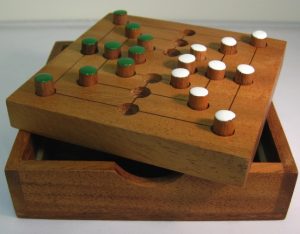
We children enjoyed playing other board games together such as the Game of Goose, and Mankala. Some of the games were easily made at home, while others would have been purchased from a local merchant. 
Mother often entertained invited guests and passing visitors at Tuckahoe. At mealtime, there were always a large variety of delicious foods on the table. Much of the food was prepared in a nearby outbuilding on Plantation Street and taken to the kitchen below the dining room. The food was placed in pewter-covered platters and pulled up to the dining room by way of the dumbwaiter. It was then transferred on to dinner dishes by the household servants, who politely served us around the dining table. 
A typical breakfast consisted of coffee for the adults, while milk was poured for us children. We often enjoyed hotcakes with bacon, and bread with apple butter was always on the breakfast table. Midday dinner was at 3 o’clock in the afternoon, and consisted of cider, a deep-meat pie, cornbread, roasted chicken, fried oysters, peas, potatoes, sweet potato fritters, pickles, bread and butter. 
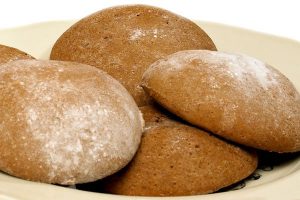
I always looked forward to dessert, which consisted of small sweet items such as oatmeal or custard, a variety of fruit tarts, and my favorite…ginger cakes. 
Later in the evening, we would have a brief supper of bread, cheese, pudding, and warmed-over meat from the midday meal. 
Before bedtime, my older sisters, Jane and Mary, would sit by the fire and sew. I would write my lessons, while mother played with little Elizabeth and Martha. Just before the candles needed to be lit, we would play Charades or word games. 
While we children were safe under mother’s care, father was often gone on long surveying trips for weeks and months at a time. Being away from the comforts of Tuckahoe was not easy for father. Father, and his fellow surveyors, had to hunt deer, bear, or squirrel just to eat, and sleep on the ground when oftentimes there was not adequate shelter to protect themselves from rain or wolves. There was so much excitement when we children saw our weary and hungry father riding down the cedar-lined lane of Tuckahoe. Mother, my cousins and sisters would all run out to welcome him, while the servants took his horses to the stable.” 
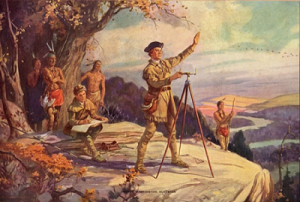
Questions:
1. Why did Jefferson want to learn how to read music?
a) he wanted to be a musician when he grew up
b) his father told him to
c) he wanted to be able to spend more time with his sister
2. When Jefferson was not studying his lessons, he:
a) spent his free time reading
b) played together with his cousins
c) helped his father with his work
3. When guests came for dinner, how was food taken to the dining room from the kitchen?
a) servants carried it to the dining room
b) it was pulled up on a device called a dumbwaiter
c) Jefferson’s mother brought it into the dining room
4. Jefferson’s father left home for long periods of time because he:
a) went on long surveying trips
b) was a hunter
c) did not like living at home
Excerpt from Chapter 13: “Children at Play”
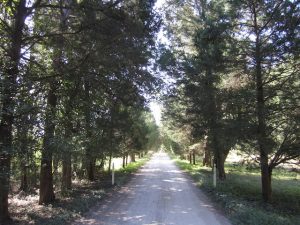
Living back at Shadwell Plantation, Thomas Jefferson is reminiscing about his sister.

“It’s moments like this that I miss my sister Jane, who, as I recall, always wore her sun bonnet outside when we played. We shared a love of nature, often venturing out beyond the front yard gate to pick wildflowers and bluebells in the high grass. Just a stroll from the house, over the hill, and along the tobacco field, rests the large outcrop of smooth bedrock where I now sit. We would pretend that this rock area was our fort, and that the small surrounding cedar trees were soldiers guarding our fortress. 
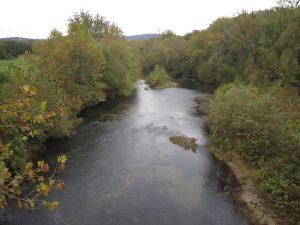
Jane and I were most happy when we were down by the river. We blazed through briers and underbrush on our way to the river bank, where we would pretend to be explorers on the mysterious Mississippi. I was always curious as to what type of lands laid beyond the great Mississippi. Father often told me that the land was not surveyed, but the Indians used to tell me that it was mainly grasslands and desert. As a young boy, I often dreamed of navigating the Mississippi and exploring the vast territory beyond it. 
During the summer, when the river was at its lowest, we would fish from the boulders that bridged the river. At certain times of the day, when the angle of the sun was just right, the river glistened like candles flickering on a Christmas tree.” 
1. Jefferson and his sister Jane:
a) liked to garden
b) loved nature
c) preferred to stay indoors
2. As a boy, Jefferson wanted to:
a) become president
b) become a surveyor
c) navigate and explore the Mississippi River
 Special thanks to Jayne D’alessandro-Cox for providing us these excerpts from her wonderful book.
Special thanks to Jayne D’alessandro-Cox for providing us these excerpts from her wonderful book.
See other books by Jayne D’alessandro-Cox
Click to visit Jayne’s website




















